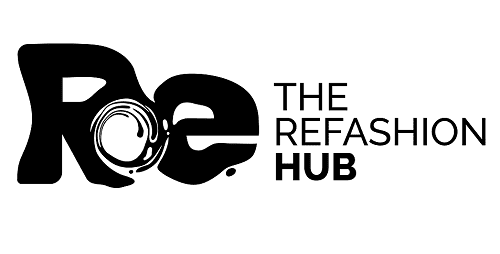The ReFashion Hub is a collective that aims to raise awareness and drive conversation about water stewardship in India’s textile industry for long-term positive climate impact. As a part of this initiative, a national level multi-stakeholder consultation was organized by Centre for Responsible Business (CRB) with support from Alliance For Water Stewardship and Water Management Forum (under Institute of Engineers India), on 18 May 2021, to build consensus on establishing wastewater as a resource and dealing with it in a sustainable way by the textile industry.
Shri Upendra Prasad Singh, Secretary, Ministry of Textiles delivered the keynote address and subject matter experts such as Mr. Rijit Sengupta, CEO, CRB, Er. Narendra Singh, President, Institution of Engineers of India, Dr K Ramesh, Senior Manager – Process Engineering/R&D, Tamil Nadu Water Investment Company, Chetan Kumar Sangole, Head, Sustainability Desk, Mahratta Chamber of Commerce, Industry and Agriculture, Ankur Khanna (Owner, Khanna Industries), Dinesh Chopra (Member, Indian Chemicals Council and Ex-Director, Honeywell) and Archana Datta, National Coordinator, for India, Switch Asia – RPAC, United Nations Environment Program, discussed various aspects of wastewater reuse, policy interventions and incentives as panelists of the workshop.
During the virtual conference, industry leaders, textile industry bodies, government and development agencies addressed various aspects of wastewater reuse, holistic perspective of wastewater as a resource, policy recommendations, scheme incentives, and built a collaborative approach towards long-term and sustained action on waste management by the textile industry in India.
Assuring his support to the campaign, Shri Upendra Prasad Singh, Secretary, Minister of Textiles, said, “Wastewater management is critical for survival of the textile industry in India and not a subject of charity. It is the responsibility of all stakeholders including the government, textile bodies and industries to invest in green technologies that conserve water.” Underlining the need for such initiatives he further said “There is enough knowledge on the supply side of water and wastewater management but not on the demand side. Efficient water and wastewater management can help suppliers/buyers engage brands/consumers.” Further, he suggested ‘condition assessment of clusters’ to generate baseline about need for water and wastewater management in textile and other high water-use clusters. Finally, he opined there is not as much awareness and information about water footprint of industries as is there on carbon/energy footprint and hence there is a need to raise awareness and knowledge about its importance.

